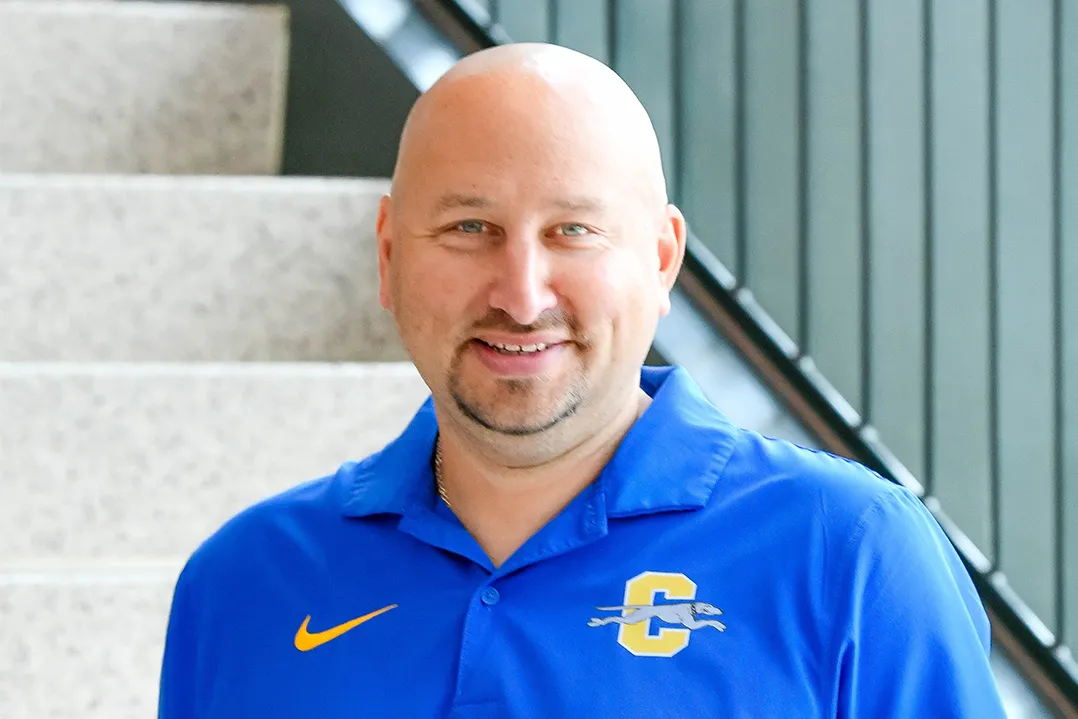School board candidate Jon Shapiro knows that in a district as large as Carmel Clay Schools, there will be differing views on how to best educate students. He believes healthy disagreement can often lead to positive results, but that’s not primarily what he’d been witnessing in recent years when local schools came up in public discussion.
The animosity he saw leveled at local educators by some in the community was part of what inspired him to become more involved in his local school district and eventually run for office.
“Sometimes it’s hard when we’re emotional or passionate about things, but I think it’s important that there’s room for everybody to be able to have their voice heard, and we can do that in a respectful way,” Shapiro said. “We’re not going to get anywhere if we’re bickering. If we’re having an issue or disagreement, the focus should be on how do we tackle the issue and not how do we tackle each other?”
Shapiro is running for one of two at-large seats on the Carmel Clay Schools board of trustees in the Nov. 5 election. Other candidates are Dina Ferchmin, Robin Clark and Kristina Wheeler. Incumbents Katie Browning and Louise Jackson are not seeking reelection.
Shapiro and Wheeler have been endorsed by Support CCS, a “nonpartisan PAC supporting Carmel schools by electing school board candidates who fulfill the district’s mission and guiding principles,” according to its website.
Shapiro said he opposes the idea that school board candidates should declare a political party, a measure recently discussed – but not approved – by the state legislature.
“I understand how for some people, (declaring a party) may make it easier to try and discern somebody’s values or how they feel about certain issues,” he said. “But I think education, more broadly, is not a Republican or Democrat or independent or moderate issue.”
The father of a student at Carmel High School, Shapiro and his family moved to the city more than a decade ago in part for the quality education at CCS. He works as the fundraising director at Hope Academy High School in Indianapolis, which serves teens struggling with addiction and substance use disorders. Previously he was the program director for the Simon Youth Foundation, which partners on various initiatives with public school districts throughout the U.S.
In 2023, Shapiro served as the volunteer coordinator for Yes for CCS, a nonpartisan political action committee that existed to support the renewal of the CCS operating referendum (it passed with 68 percent of the vote).
“(Serving in that role) provided me with an opportunity to engage more broadly with the community to hear more feedback about schools and what people think about how our schools are performing,” he said. “That’s only been reinforced in the conversations I’ve been able to have over the last several months as a candidate. I think it’s really important that we ensure the community – in particular parents of students – know they have opportunities to share their feedback in a way that is heard and is taken into account as decisions, changes and plans for the future are made.”
Shapiro said CCS already offers many ways for parents and community members to provide feedback but that he would like to expand those options. Opportunities could include town hall style meetings, events scheduled around student drop off or pickup when parents may already be at campus or streamlining or promoting online communication methods, he said.
“As a parent myself, when I’ve had a question or concern and I’ve reached out to a teacher or an administrator in a building or somebody at the school district, I’ve gotten a response,” he said. “But I wonder if we could make it more part of a system of operating that we solicit feedback on a regular basis from our constituents.”
From an academic standpoint, Shapiro said CCS has done a good job of evolving as educational and workforce needs change. He believes the district should continue to be ready to adapt as needed.
“Our commitment needs to be, how do we make sure that all of those students are best prepared for the world they’re going to enter? That requires some diversity of thoughts, diversity of ideas and broad perspectives,” he said. “We have a very high percentage of our students that do traditional post-secondary (education), but not everybody does. Our commitment needs to be to exceed what the state is requiring us to do to make sure that we’re preparing the most well-rounded young people (to go) into the world, because that’s what’s going to keep our community strong.”
Learn more at ShapiroForCCS.com.
